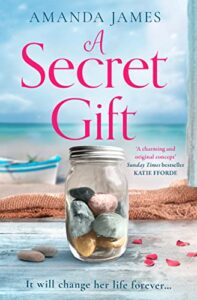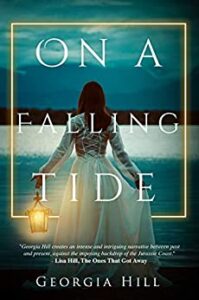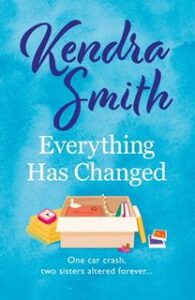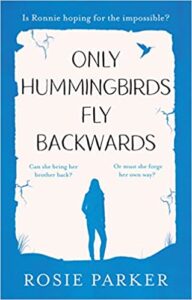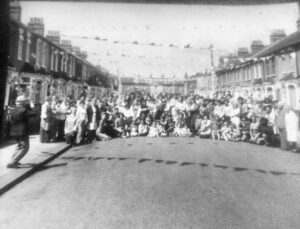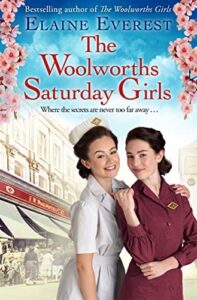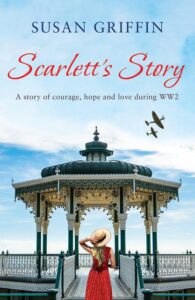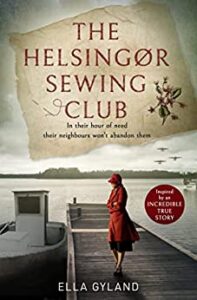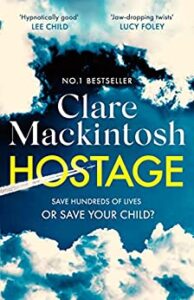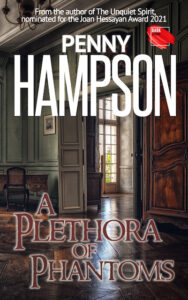Twenty years ago, I spent time in California. As a naïve Brit, it was equal parts amazing and terrifying, and I remain fascinated by the diverse and nature of a society surprisingly different to our own. When it came to choosing a setting for my debut novel, Los Angeles seemed a natural choice – because rather like me, I wanted ex-pat Megan to find herself struggling to discover her place in an unfamiliar, challenging world.
 Added to which, Megan is a survivor of a controlling relationship – what began as a fairy tale marriage to a high-profile, successful businessman has already disintegrated, so when she meets Jim on a weekend away at The Valentine Retreat, the last thing she thinks she’s looking for is romance.
Added to which, Megan is a survivor of a controlling relationship – what began as a fairy tale marriage to a high-profile, successful businessman has already disintegrated, so when she meets Jim on a weekend away at The Valentine Retreat, the last thing she thinks she’s looking for is romance.
The setting for a pivotal scene – where Megan tentatively looks to the future and begins to believe she might want it to include Jim – takes place in the hotel bar:
The pianist was in full flow as Megan entered the bar. His fingers moved across the keys with the kind of confidence only a seasoned professional possessed. The music he produced was quiet and understated, which was more than could be said for his shirt. The vibrant duck-egg blue and plum check of the fabric was highly visible under his beige linen suit, open at the neck and unapologetic.
 Megan smiled. For the first time in such a long time, she felt a spike of anticipation about this evening.
Megan smiled. For the first time in such a long time, she felt a spike of anticipation about this evening.
The room was less populated this evening, the weekend buzz replaced by mellow groups seated at some of the low tables, visible through the waving fronds of the potted plants as she took a seat at the bar.
‘Hi.’
There was no need to turn, she recognised the voice. ‘Hi, Jim,’ she said as he shrugged his way out of his leather jacket. She looked more closely at his face. ‘What did you do?’
Jim’s hand travelled up, his fingers tracing over a small patch of damaged skin. ‘Would you believe me if I told you there were five of them and I took them all down single-handed?’
‘Um, no. Not really.’ Trying to appear serious, she couldn’t stop the corners of her mouth twitching in amusement.
‘Damn.’ He grinned. ‘Cut myself shaving.’
‘Does it hurt?’
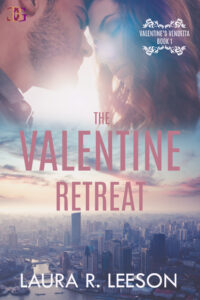 ‘It didn’t, until I put aftershave on without thinking.’ He pulled a face then shrugged. ‘A bit of pain reminds me I’m still alive.’
‘It didn’t, until I put aftershave on without thinking.’ He pulled a face then shrugged. ‘A bit of pain reminds me I’m still alive.’
‘Do you need reminding?’ She kept her tone light, but it was a genuine question. She had spent months wondering if she was still alive.”
After living a lie for far too long, and desperate for honesty from others, this is the moment when Megan begins to believe in Jim. However, Megan’s past hasn’t finished with her, the hotel is not all it seems, and Jim is harbouring more than his fair share of secrets. Secrets which may cost them both a great deal more than their happiness.
In the time-honoured tradition of romantic suspense, The Valentine Retreat is a fast-paced and twisty novel, but at its heart lies the story of two people who just want to find someone to rely on, and trust with their deepest emotions.
For more information – please visit my website www.laurarleeson.com or search for me on social media @laura_R_Leeson


